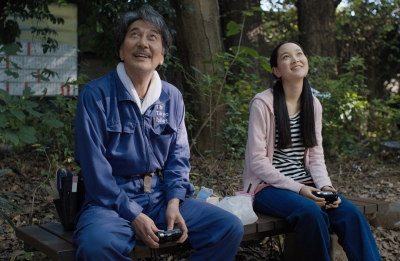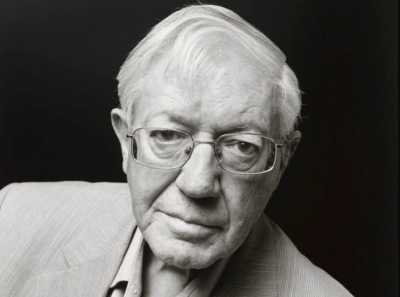September 2003, no. 254
Santamaria absolved
Dear Editor,
As one who was both active in the Labor Party at the time of The Split and also a Catholic, I agree with almost everything in Heather Nash’s review of The Pope’s Battalions (ABR, August 2003). But there are serious omissions.
The most important one is the reviewer’s neglect of a matter of history that is evident early in the book and that goes to the heart of the cause of The Split. This is the now proven fact that B.A. Santamaria aimed to control the ALP, secretly and from the outside, and to promote legislation through a Labor government in keeping with his own religious/political fantasies. Bemused, if not blinded, by his own enthusiasm and self-righteousness, Santamaria was confident that he would be able to do so. The Pope’s Battalions makes this clear, and provides firm evidence. This is not the first book to do so, but its early chapters also show how these less-than-realistic aims were the outcome of ideological theories of society that Santamaria absorbed from several different sources during his youth. They crystallised in his heart and mind, despite the impracticality of such dreams in the twentieth century, especially in Australia.



























